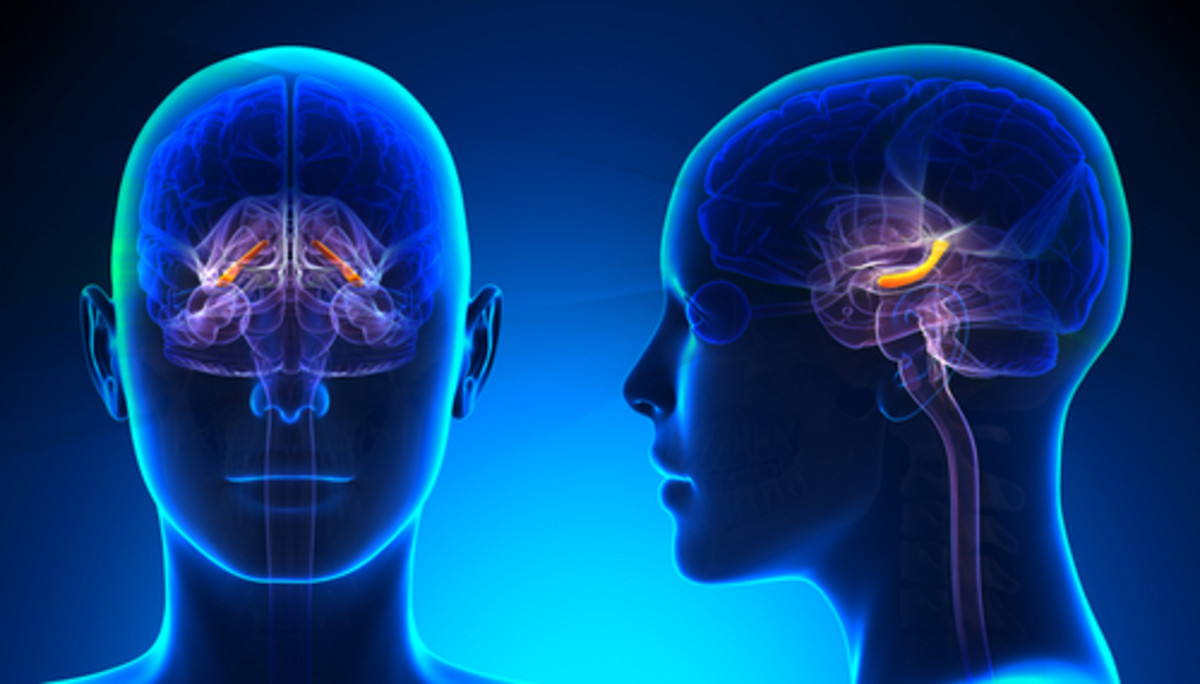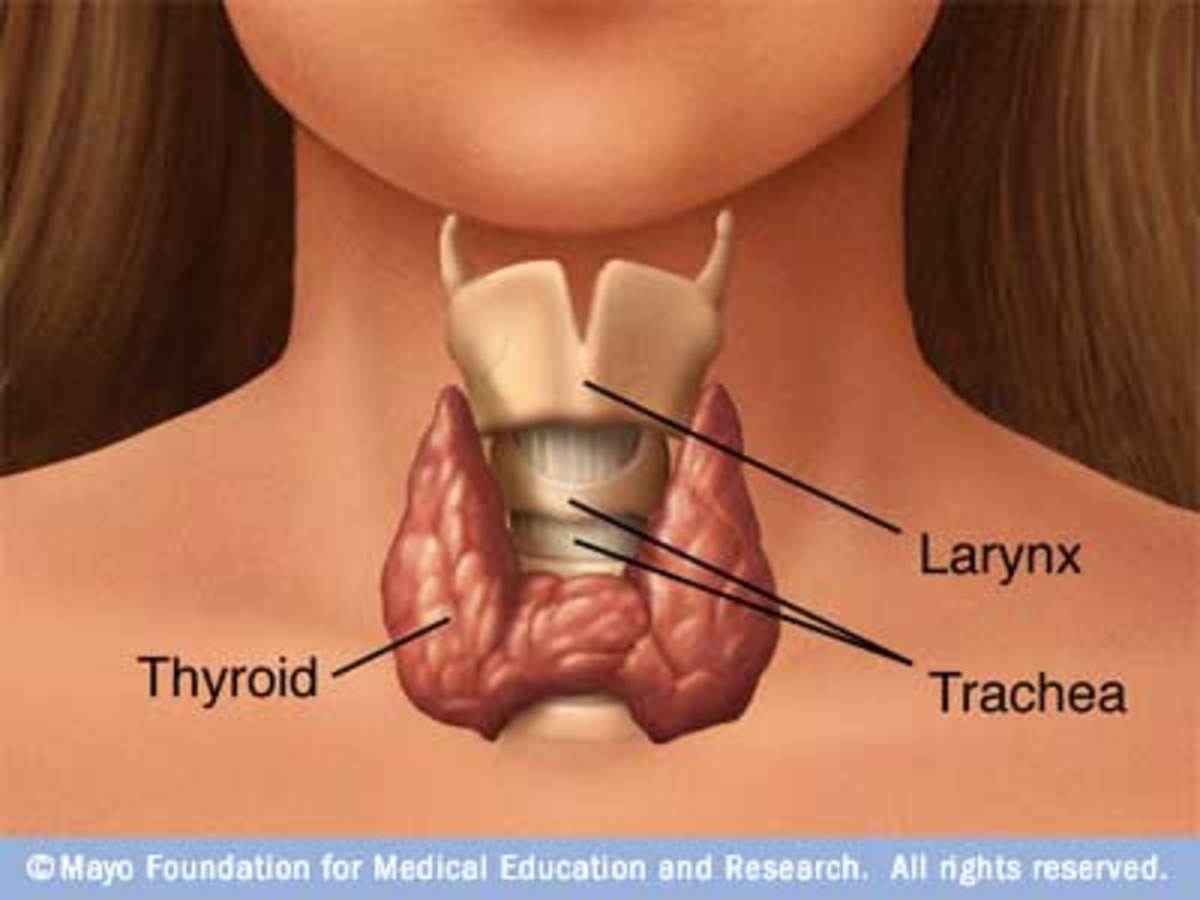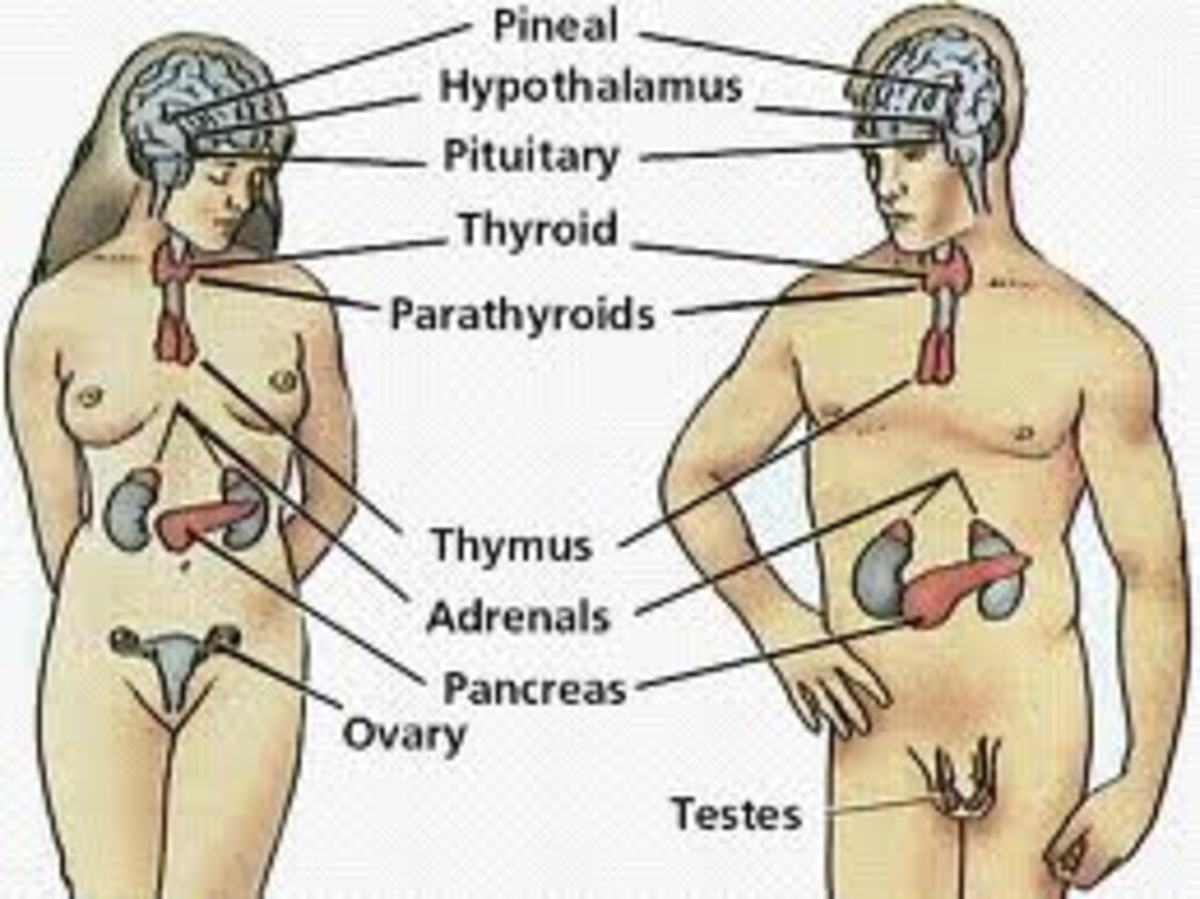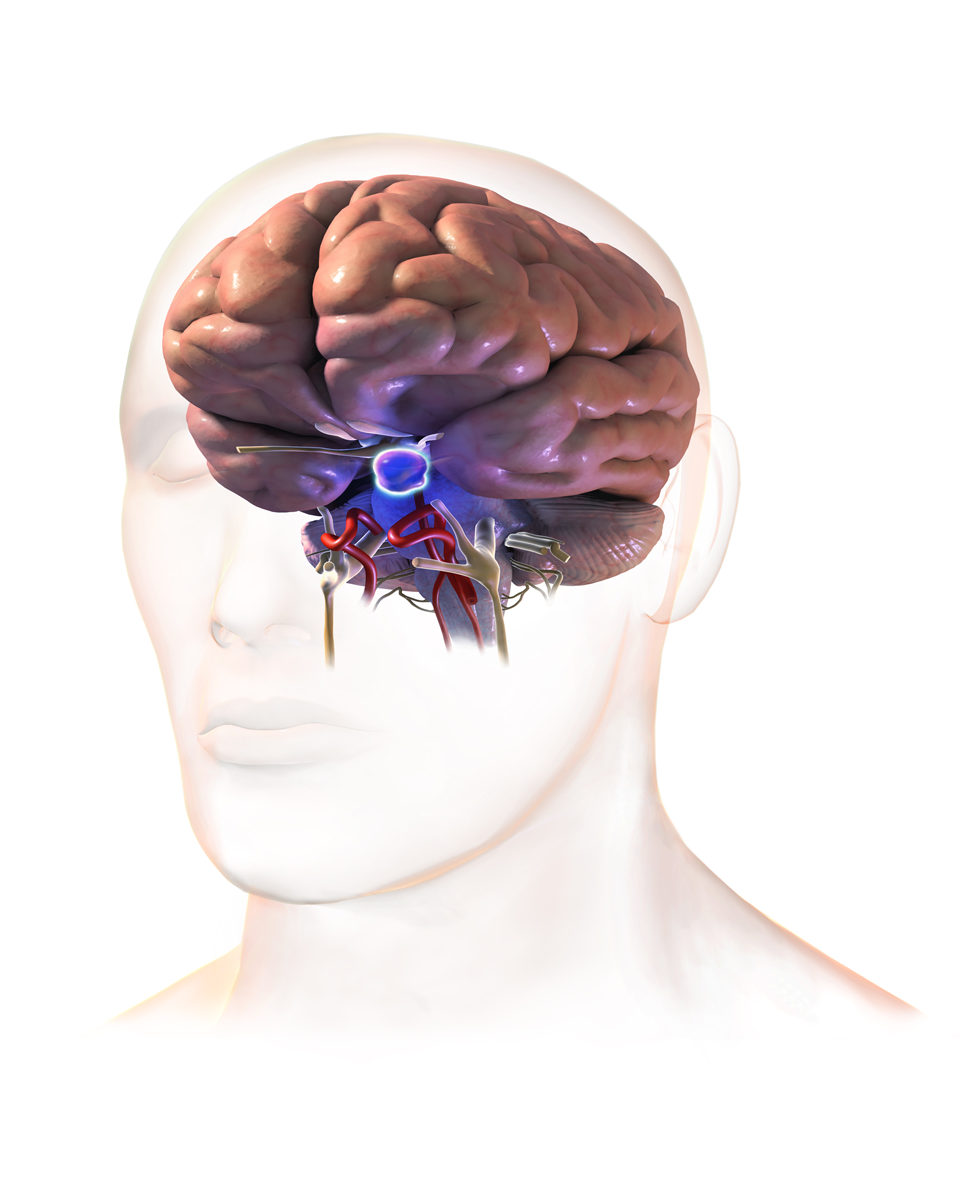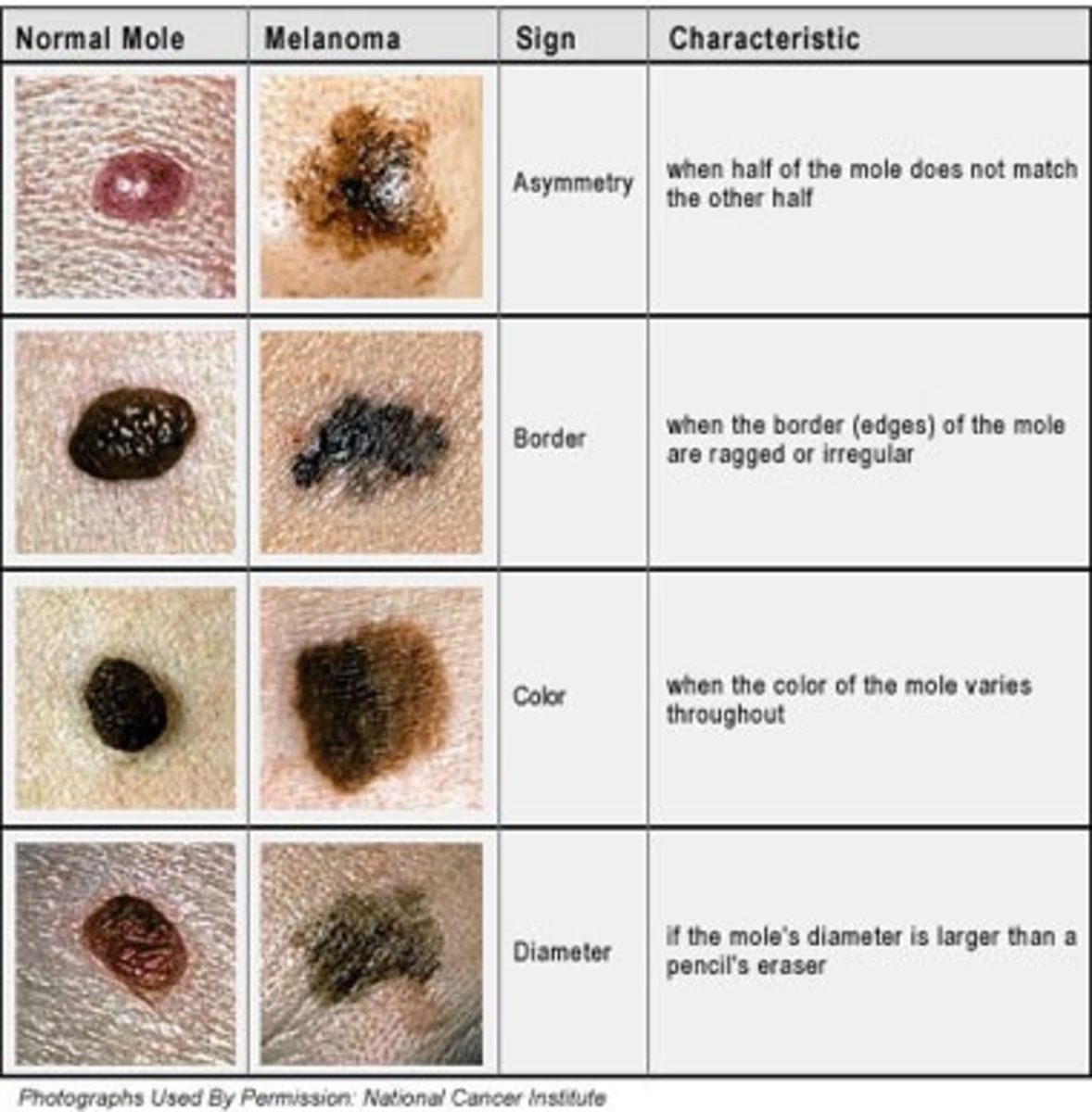Normal TSH (Thyroid-Stimulating Hormone)
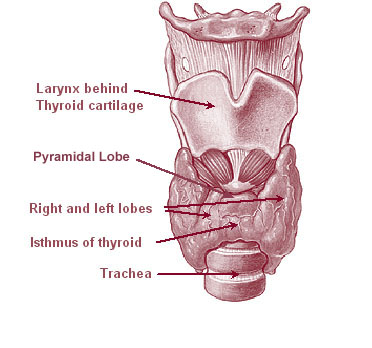
What is TSH?
Thyroid stimulating hormone, called TSH or thyrotropin, is secreted by the pituitary gland and, when TSH levels are higher, causes the thyroid gland to become more active. TSH, in turn, is regulated by TRH -- thyroid regulating hormone -- secreted by the hypothalamus higher in the brain.
TSH circulates in the bloodstream and the level of TSH is checked on blood tests for thyroid function.
In order to understand TSH and what it means to have a normal or abnormal TSH, it is necessary to understand the basic functioning and control of the thyroid gland and hormones.
What is the Thyroid Gland?
The thyroid gland lies at the base of the throat. A walnut or butterfly-shaped structure, the gland is made up of 2 lobes connected by an isthmus.
The thyroid, for such a relatively small part of the body plays a very important role in life. The thyroid gland secretes hormones that help control and regulate the metabolic processes that sustain the whole body.
When the thyroid gland isn't functioning properly, the effects are felt in nearly every body system. In extreme cases, a thyroid that is either over-active or under-active to a large degree can be fatal.
TSH stands for THYROID STIMULATING HORMONE.
TSH may also be called THYROTROPIN.
BASIC FINDINGS IN SIMPLE HYPO- and HYPER- THYROIDISM
Hyperthyroidism
| Hypothyroidism
| |
|---|---|---|
T3 & T4 (Thyroid hormones)
| HIGH
| LOW
|
TSH
| LOW
| HIGH
|
Symptoms
| Fast heartrate, high blood pressure, palpitations, dizziness, diarrhea, sweating,
| Slow heartrate, low blood pressure, fatigue, dry skin, constipation, weight gain,
|
Basic findings in simple hypo- and hyper- thyroidism
What Does TSH Do?
TSH is a hormone secreted by the pituitary gland at the base of the brain. Thyroid stimulating hormone does just that- it stimulates the thyroid gland to increase its production of T3 and T4, the thyroid hormones.
Furthermore, TSH participates in a feedback loop. Once there is enough T3 and T4 floating around in the bloodstream, it signals the pituitary to decrease production of TSH.
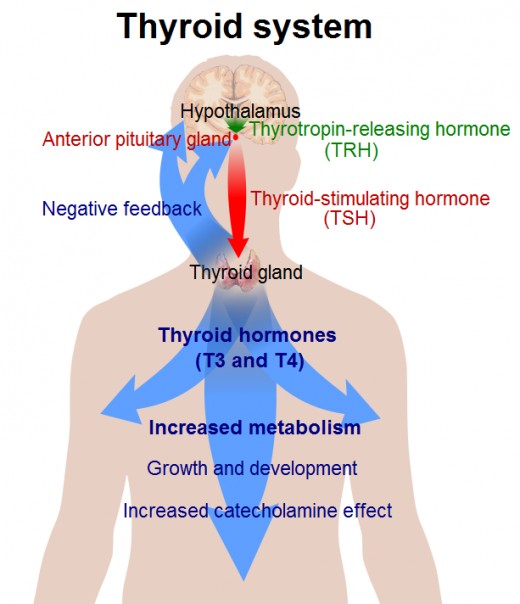
How Does the Negative Feedback Loop Work?
This is a very simplified, easy way to think about how the thyroid is regulated.
The thyroid gland makes T4 and T3, the thyroid hormones. These thyroid hormones circulate around in the blood, sending signals to other organ systems to increase or decrease their cellular metabolism. The circulation reaches the brain.
- If thyroid hormones are low (hypothyroidism), the pituitary will be told (through other hormones) to increase its production of TSH. The increased level of thyroid stimulating hormone then tells the thyroid gland to step up its production of thyroid hormones to correct the deficit. If the thyroid is functioning properly, it will do so.
- If thyroid hormones are high (hyperthyroidism), the pituitary will receive a signal that it can turn down the TSH. The lower levels of TSH cause less stimulation of the thyroid, causing a decrease in thyroid hormone production.
- If the level of thyroid hormone is adequate for the body, the pituitary will continue to produce the same level of TSH and the blood test measuring TSH will be in the normal range.
What Does It Mean if TSH is Normal?
So, if the thyroid is functioning properly- responding appropriately to the signal from TSH and producing the right hormones in the correct amounts - the TSH will fall within a 'normal' range on a blood test.
Thyroid hormone and TSH are usually measured at the same time on a blood test, so that all of the results can be interpreted together to understand how you thyroid is functioning.
What Is a Normal TSH level?
So, in general, the TSH will remain in normal range if they pituitary and thyroid glands are functioning properly.
Most labs report TSH levels in milli-International units per liter, abbreviated mIU/L.
The standard 'normal' reference range for TSH is between 0.5 and 4.5 mIU/L. There is a good bit of variability and still some argument for where the upper limit should be set. If it is set lower, more people will be diagnosed with, and treated for, hypothyroidism (remember high TSH means low thyroid function). Some experts think this is as it should be, while others think it will lead to over-treating people who have abnormal labs, but maybe no clinical indications for hormone replacement. There is already debate about what to do with this population of people anyway, and lowering the TSH standard may lead to more questions.

What Does It Mean if TSH is Abnormal?
Therefore, when there is too much thyroid hormone, the TSH level actually goes down so that the thyroid is less stimulated to make thyroid hormone and thyroid hormones also can go down.
So, again, on a blood test when TSH is low, it indicates an overactive thyroid gland, called hyperthyroidism (given the right clinical scenario and other blood tests).
The opposite is also true, high TSH means that the body is trying to stimulate the thyroid gland to make more hormones because there isn't enough in circulation.
A normal TSH generally indicates normal functioning of the thyroid gland. Again, there are other, more complicated scenarios where a normal TSH may not correlate as well as it should with thyroid hormone levels or the ability of the thyroid gland to produce them. There are clues on exam and lab work in these cases that something else may be going on. Usually, a specialist called an endocrinologist will assist in figuring out these complicated clinical pictures.
Disclaimer
This is a very simplistic introduction to TSH and thyroid function. In real life, there are many variables that affect interpretation of these results and the significance of clinical symptoms. If you think you have thyroid dysfunction, or have symptoms of such, please see your physician so a proper diagnosis can be made. The Internet and the information found therein is not sufficient for medical diagnosis or decision making for any individual or individual set of circumstances.

